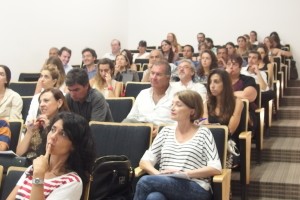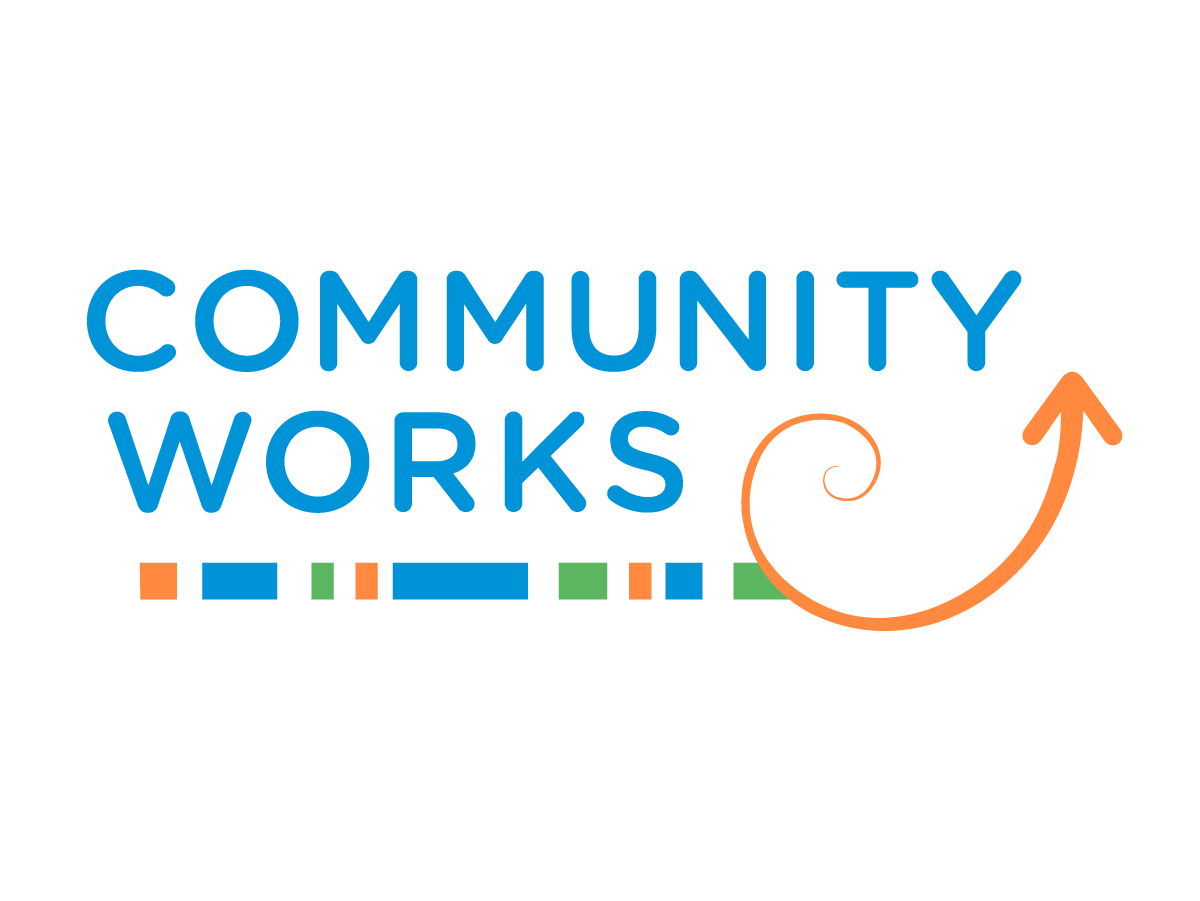I have received a few enquiries recently from organisations wishing to talk about how they can replicate projects that have achieved success in one location and offer potential elsewhere. This subject animates many people in the community sector.
Here are some insights from these conversations:
Starting without money
A common question for small community organisations refers to the level of investment they need to make to be able to replicate. The short answer is that it depends on the kind of project they want to scale. A program that is already operating through volunteers and focuses less on meeting the needs of customers than providing some kind of additional community benefit will require investment in identifying new implementers and supporting them. An example might be environmental care programs. On the other hand, a staff-intensive social service such as a food recycling program or a drop-in centre will require an intensity of support and infrastructure to ensure it delivers to its potential in a new location.

Over 50 organisations participated in a seminar we recently held in Buenos Aires on the subject of social franchising, in conjunction with RACI, the Argentinian Network for International Cooperation
Relationships are good but formal ones are better
It can be easy to embark on a scaling-up plan through identifying like-minded organisations and then coming to an informal understanding about how they will use your experience in their own locality. This is all very well until inevitable questions arise about aspects of the work, especially intellectual property. If one organisation develops a model of practice over many years, provides it to another and finds that the original idea is changed, used in different ways than envisaged or even that the new organisation becomes well-known for its work, tensions can understandably arise. Replication is often more effective if business-like agreements are formalised from the outset and not left to chance.
Levels of control
Associated with intellectual property is the question of control. To what extent should an organisation impose controls on the use of its ideas by another? In wholly-owned or joint ventures, control is exerted through management and ownership. In franchising arrangements, much depends on the scope and nature or what is being scaled. Some organisations find the notion of introducing controls to a social impact project to be uncomfortable. In that case, a better perspective is to think about ways of maintaining quality and positive impact for the ultimate beneficiary individuals, families and communities. These often turn out to require a level of formal control.
The International Centre for Social Franchising (ICSF), represented in Australia by Community Works, uses a spectrum of replication that is a good starting point for discussions with organisations seeking to scale up.
This spectrum is enormously helpful in the early stages of thinking through options for growth and expansion of any organisation, project, program or service.
For more on this subject, the UK Big Lottery Fund has an initiative called Realising Ambition and an associated discussion forum on the subject of ‘what works when replicating’, which can be found here: https://community.biglotteryfund.org.uk/uk-wide/what-works-when-replicating/default.aspx
With Maria Rodrigues, I am working on a paper called ‘More of what works’, which will bring together our current thinking on replication in remote Australia and will be published by Ninti One.


